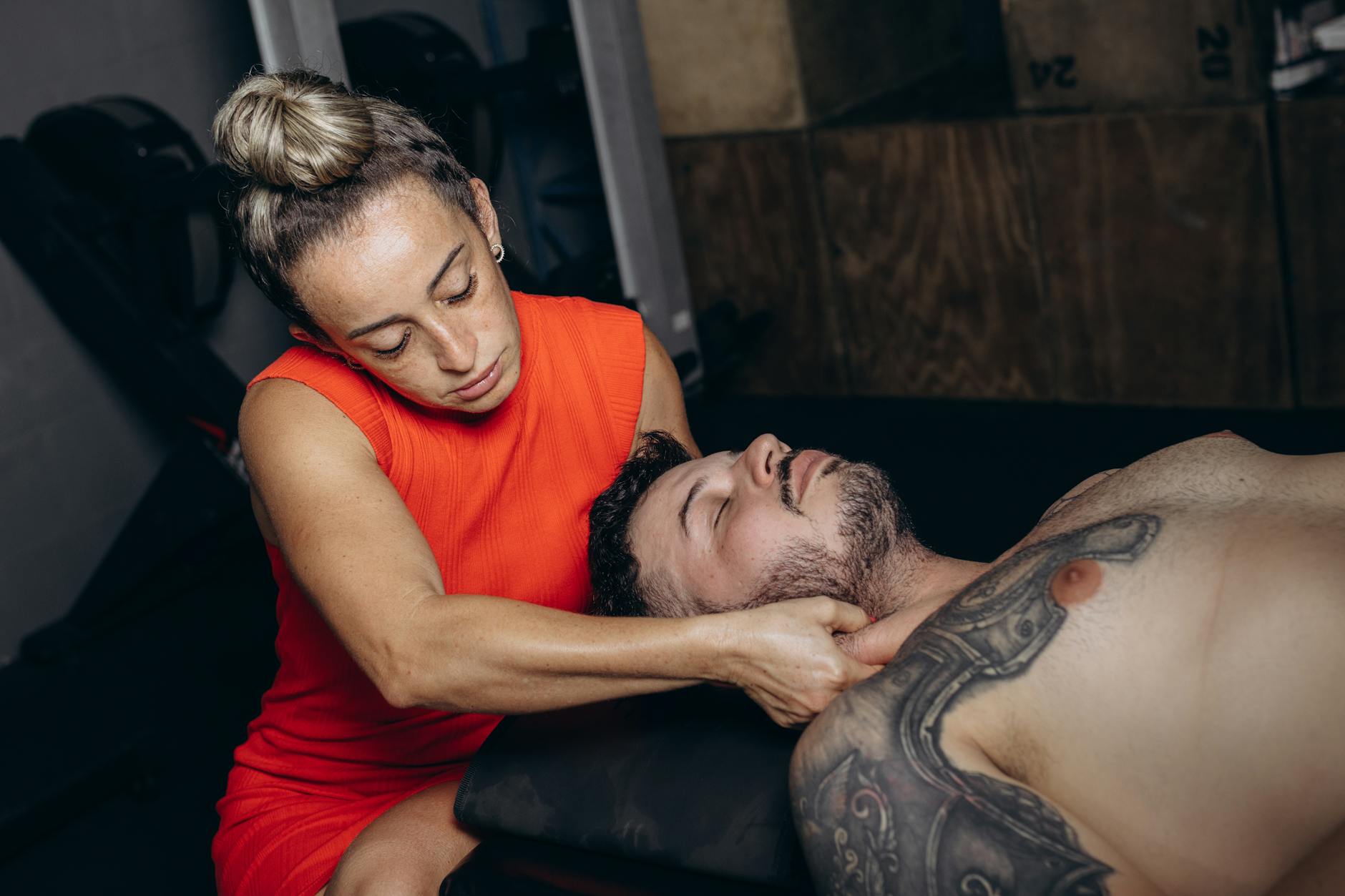Discover the secrets to managing and alleviating lower back pain once and for all – say goodbye to suffering!
Table of Contents
Dealing with lower back pain can be debilitating and frustrating. The good news is that there are strategies and techniques you can employ to manage and alleviate your discomfort. By understanding the causes, symptoms, and potential treatment options for lower back pain, you can take control of your health and well-being.
Understanding Lower Back Pain
Lower back pain is a common ailment that can be caused by a variety of factors, including muscle strains, herniated discs, and poor posture. The symptoms can range from mild discomfort to severe pain that radiates down the legs. It’s essential to consult with a healthcare provider for an accurate diagnosis and to develop a personalized treatment plan.
Causes of Lower Back Pain
One of the primary causes of lower back pain is muscle strain or sprain, often due to improper lifting techniques or sudden movements. Other common causes include poor posture, obesity, and age-related wear and tear on the spine. Identifying the root cause of your pain is crucial for effective treatment.
Treatment Options
There are various treatment options available for managing lower back pain. These may include physical therapy, medication, chiropractic care, and in severe cases, surgery. It’s essential to work closely with your healthcare provider to determine the most appropriate treatment plan for your specific situation.
Self-Care Strategies
In addition to professional treatment, there are several self-care strategies that can help alleviate lower back pain. These may include gentle stretching exercises, maintaining good posture, applying heat or ice packs, and practicing relaxation techniques such as meditation or yoga.
Prevention Tips
Preventing lower back pain is possible with proactive measures. This may involve maintaining a healthy weight, engaging in regular exercise to strengthen the core muscles, avoiding prolonged sitting or standing, and using proper lifting techniques. By incorporating these habits into your daily routine, you can reduce your risk of experiencing lower back pain.
| Tip | Description |
|---|---|
| 1 | Practice good posture |
| 2 | Exercise regularly |
| 3 | Stretch and strengthen your core muscles |
| 4 | Use proper lifting techniques |
| 5 | Apply heat or ice to the affected area |
| 6 | Try massage therapy or acupuncture |
| 7 | Consider seeing a chiropractor or physical therapist |
Seeking Professional Help
If you’re experiencing chronic or severe lower back pain, it’s crucial to seek professional help. A healthcare provider can perform a thorough evaluation, diagnose the underlying cause of your pain, and recommend appropriate treatment options. Don’t hesitate to reach out for support and guidance in managing your lower back pain.
Conclusion
Lower back pain doesn’t have to dictate your life. By understanding the causes, symptoms, and treatment options for lower back pain, you can take proactive steps to manage and alleviate your discomfort. Remember to prioritize self-care, seek professional help when needed, and stay proactive in preventing future episodes of lower back pain. With the right approach, you can overcome lower back pain and improve your overall quality of life.
How can I prevent lower back pain?
You can prevent lower back pain by practicing good posture, regular exercise, and core muscle strengthening. Avoid prolonged sitting, use proper lifting techniques, and consider massage therapy or acupuncture.
What are the treatment options for lower back pain?
Treatment options for lower back pain may include physical therapy, medication, chiropractic care, and in severe cases, surgery. Work closely with your healthcare provider to determine the most appropriate plan for you.
What self-care strategies can I use to alleviate lower back pain?
Self-care strategies for lower back pain include gentle stretching, applying heat or ice packs, maintaining good posture, and practicing relaxation techniques like yoga or meditation.
When should I seek professional help for lower back pain?
If you experience chronic or severe lower back pain, it’s crucial to seek professional help. A healthcare provider can evaluate your condition, diagnose the underlying cause, and recommend appropriate treatment options for you.





